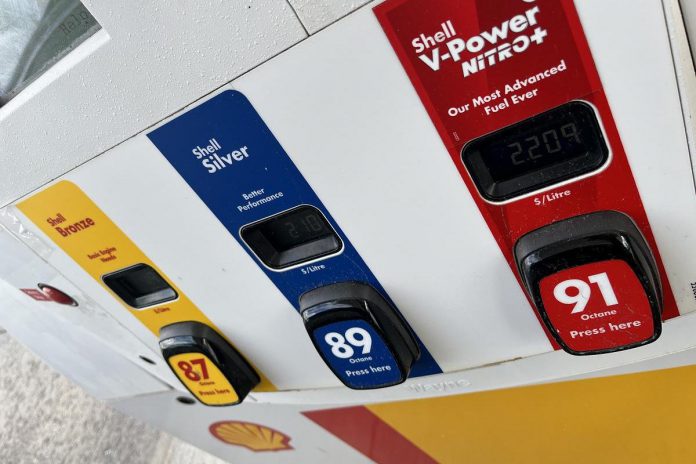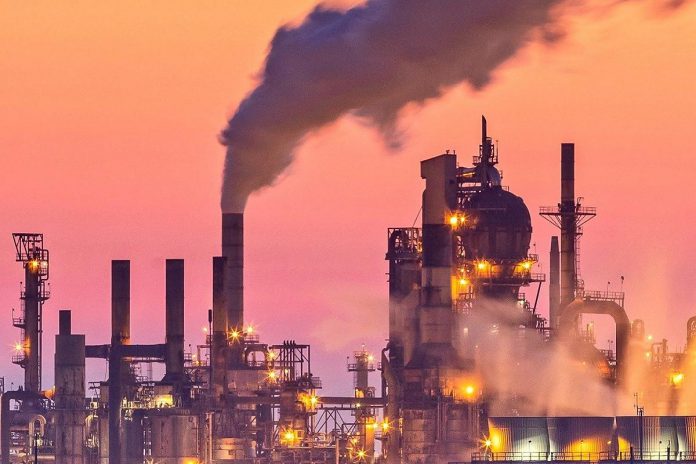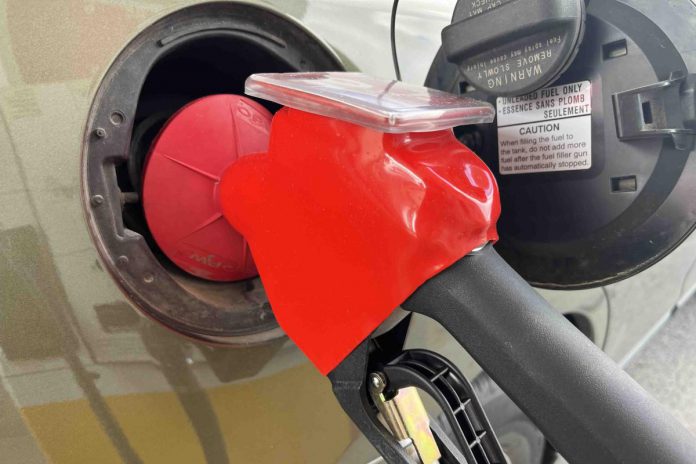[ad_1]

Let’s go to the District Court of The Hague in the Netherlands, in May 2021. In an unprecedented landmark decision, Judge Larisa Alwyn ruled that Shell — the oil and energy company of the many countries — must reduce their emissions by 45 percent below 2019 levels by 2030.
This is the first time in history that a judge has ordered a large, private company to reduce its emissions. The decision concludes that Shell’s mitigation strategy is “not concrete,” and that it is responsible not only for the first and second phase emissions, but also for its third phase emissions.
The first and second categories are the emissions produced by the organization as a result of the fuel used to run its factories and vehicles. The third category includes other releases related to the organization’s activities.
Advertisement – Continued below
In the decision against Shell, the third category is all emissions from consumers around the world who buy and burn Shell’s fossil fuels. The fuel that people like you and I use in our cars, boats, tractors, and yes, even lawn mowers – all of these three emissions make up more than 90 percent of Shell release.
This court decision found these three workshops to threaten the “right to life” and “unprecedented family life” protected in the European Convention on Human Rights.
Ben van Beurden, CEO of Shell, responded that this decision “will not help reduce global CO2 emissions.”

“The energy transition is a really big challenge for any company to tackle,” van Beurden said. “No one country or one country can take this away. We need to work together, with society, governments, and our customers to achieve meaningful changes in the global energy system. And it is this change must address the demand for coal power, not its supply.”
Van Beurden illustrates his argument about supply, demand, and cooperation with this hypothetical example:
“Consider Shell’s decision to stop selling petrol and diesel today. This will reduce Shell’s carbon emissions. But that doesn’t help the world. The demand for fuel will not change. People fill up their cars and delivery trucks at other service stations.
Advertisement – Continued below
In March 2022, Marjan van Loon, the President-CEO of Shell Nederland, made a similar statement about the offer and request as he explained the decision to appeal the court’s decision:
“The judgment is that Shell is responsible for reducing the emissions of its customers from the use of its products. In particular, we ask how Shell has the right to reduce carbon emissions and we do not control from consumers who are not under a similar legal obligation to reduce their supply.”
I want us to consider three myths in van Beurden and van Loon’s arguments in this case.
Myth #1 – Fossil fuel companies are not legally responsible for C02 emissions

Van Beurden and van Loon seem to be saying that this court case is a different way of working together to bring about the real, meaningful change that we need.
In this case, a group of people from several large organizations worked together for more than six years and more than 17,000 plaintiffs. Shell has successfully demonstrated for decades that it knows about the negative effects of its emissions, and Shell also knows that its emission reduction plans are limited.
Shell is not alone in this behavior. Many fossil fuel companies have been working hard for decades – with full scientific knowledge of their contribution to climate change – to increase emissions, to create doubts about climate change, and delaying the phase-out of the fossil fuel industry.
This unprecedented legal case shows that many people can work together to bring about social and governmental change through responsible legal processes like this one.
Advertisement – Continued below
Myth #2 – Regulatory decisions on fossil fuel companies will not reduce CO2 emissions
Van Beurden and van Loon argue that Shell’s legal bid to reduce its emissions will not help reduce global CO2 emissions.
This claim is also invalid. A new report from the Intergovernmental Panel on Climate Change (IPCC) is the first to mention the increasing impact of climate change on Earth, as investigative journalist Amy Westervelt discovered in her Drilled podcast.
“Justice as a tool in the activist toolbox … has exploded in recent years,” Westervelt said. “More than 1,800 climate cases are proceeding in courts around the world.”
This court case against Shell is an example of a major social and legal initiative that is helping to change policies and reduce global CO2 emissions.
Myth #3 – Fuel economy is under pressure

Van Beurden says the problem underlying the fossil fuel economy is demand, as opposed to supply.
“There are many myths about understanding economics,” environmental economist Julia Steinberger explained in an interview with Westervelt. “One of the myths is that it drives demand, but it doesn’t. It’s supply driven.”
“Everybody wants economic growth, so everybody wants demand to increase, and that’s it,” Steinberger said. “After a certain point… you start to overproduce and you have to find a place for it. Otherwise, you’ll have economic problems. And the output for that is large quantities of food. , or things like planned obsolescence.
“The fossil fuel industry is using this demand-driven fake news to destroy their jobs,” Steinberger said. “But when you look at the application, it breaks the story.”
Finding ways to reduce demand is an important part of the work people like you, and organizations like GreenUP, are doing to address global CO2 emissions. Legal actions like this landmark case determine the need and responsibility to reduce emissions.
Advertisement – Continued below
What are the cases like this?
This decision against Shell, and other cases like it, will give us an opportunity to see and speak the unique language that has contributed to the elimination of the existence of the climate crisis and the prevention of climate action. useful.
To learn more, check out these podcasts:
[ad_2]
Source link
